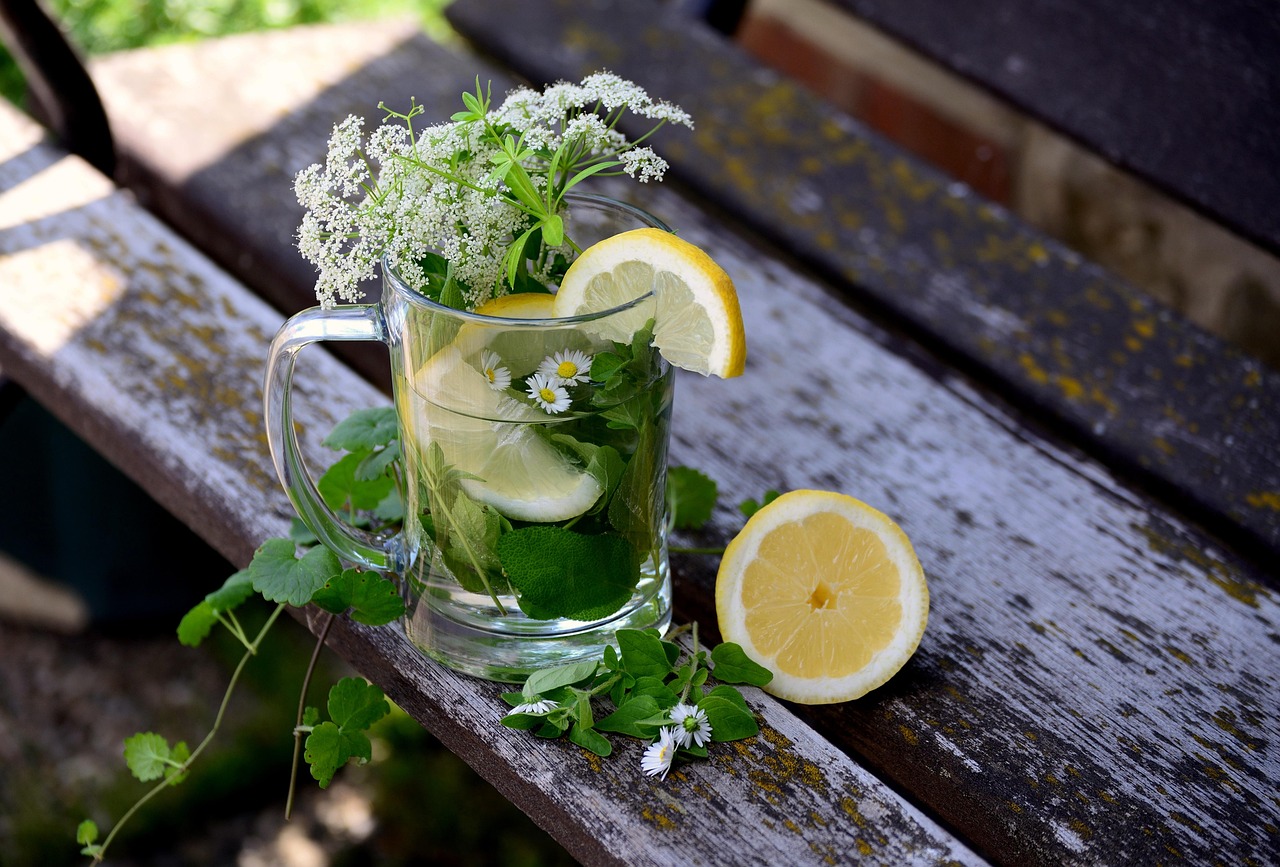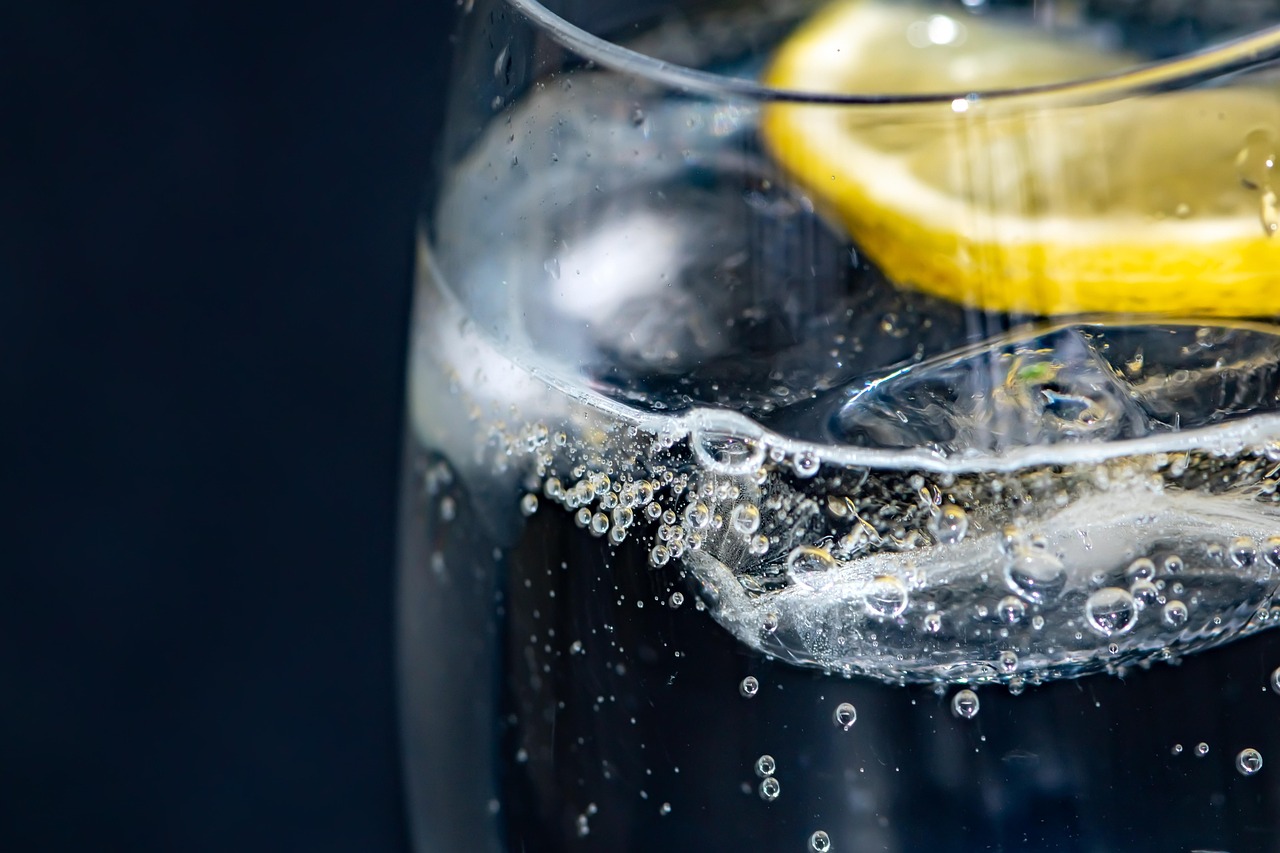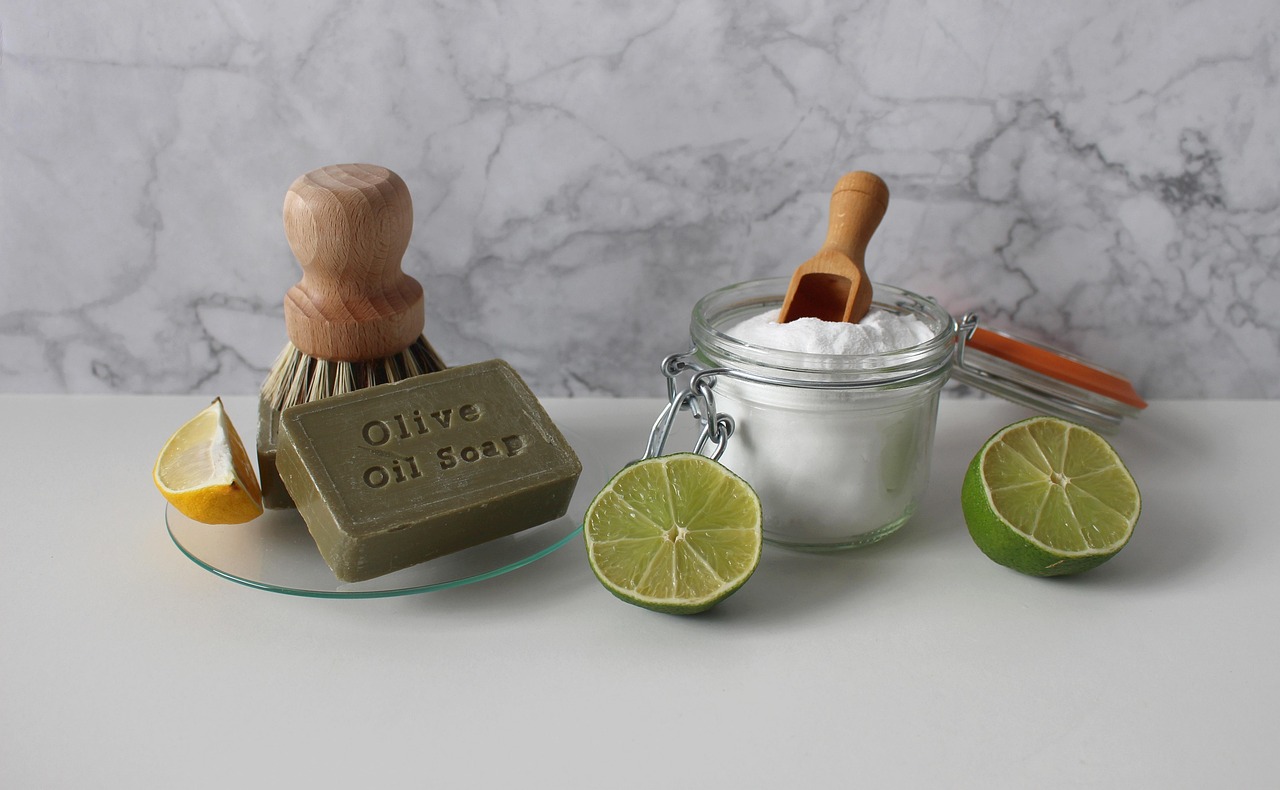- ACTIVITIES
- HOBBIES
40 Very Best Halloween Facts


Cleaning an oven can often seem like a daunting and time-consuming task, especially when faced with stubborn grease and burnt-on food residues. However, there’s a simple, eco-friendly solution that harnesses the natural power of lemons and water to restore your oven to its sparkling best. Using lemon water not only provides an effective cleaning hack but also leaves your kitchen with a fresh, citrusy scent. In this article, we will explore the step-by-step process of cleaning your oven using lemon water, ensuring that your appliance is both clean and safe without the use of harsh chemicals.
Lemon water is a powerful cleaning agent that effectively cuts through grease and grime. The acidity of lemons helps to break down stubborn residues, making it easier to wipe away dirt and stains. This technique is not only natural and non-toxic but also cost-effective, providing a budget-friendly cleaning solution for every home.
Before you begin cleaning your oven with lemon water, gather the following tools and materials:

Start by slicing the lemons in half and squeezing the juice into a baking dish or oven-safe bowl. Place the squeezed lemon halves in the dish as well. Add enough water to fill the dish about one-third full.
Preheat your oven to 250°F (120°C). Once heated, place the dish with the lemon solution on the middle rack. Close the oven door and let it steam for about 30 minutes. The steam will help loosen grease and grime, making it easier to clean.
After 30 minutes, carefully remove the dish from the oven. Allow the oven to cool slightly. Using a microfiber cloth or sponge, wipe down the interior surfaces of the oven, paying special attention to areas with heavy buildup. For stubborn spots, dip the cloth in the lemon solution and scrub gently.
Lemons contain citric acid, which is a natural degreaser and antibacterial agent. This makes lemons highly effective at breaking down grease and eliminating bacteria, providing a hygienic clean without the need for chemical cleaners. Additionally, the pleasant aroma of lemons leaves your kitchen smelling fresh and inviting.
Both lemon water and baking soda are popular natural cleaning agents, but they work in different ways. Lemon water is excellent for loosening grease and adding a fresh scent, while baking soda’s mild abrasiveness is ideal for scrubbing away tough stains. Combining these two can enhance the cleaning process, offering a comprehensive solution for stubborn grime.
Using lemons for cleaning is not only effective but also economical. Lemons are readily available and inexpensive, making them a perfect choice for budget-conscious homeowners. Additionally, utilizing lemon peels in the cleaning process can further reduce waste and maximize the use of each lemon.
While natural ingredients like lemons are generally safe, it’s important to take certain precautions:
If you encounter persistent stains or odors after cleaning, try the following tips:
Lemons have been used for centuries as a natural cleaning agent due to their antibacterial and antiseptic properties. Historically, they were valued not only for their culinary uses but also for their ability to clean and disinfect surfaces, making them a staple in household cleaning routines long before modern chemical cleaners were developed.

In recent years, there has been a growing trend towards eco-friendly and sustainable cleaning practices. Using natural ingredients like lemons aligns with this movement, offering a safe and environmentally conscious alternative to traditional cleaning products. This approach not only benefits the environment but also promotes healthier living spaces free from chemical residues.
To keep your oven clean and fresh after using lemon water, consider these maintenance tips:
Enhance the cleaning power of lemons by combining them with other natural ingredients:
Homeowners and DIY enthusiasts have shared numerous success stories about using lemon water to clean their ovens. Many report that this natural method not only effectively removes grime but also leaves their kitchen smelling delightful. The satisfaction of achieving a clean oven with simple, eco-friendly ingredients continues to inspire others to adopt this natural cleaning hack.